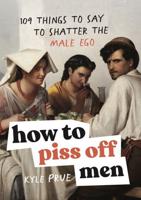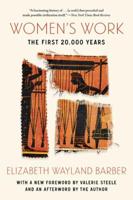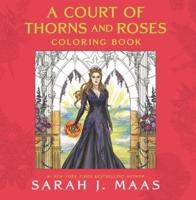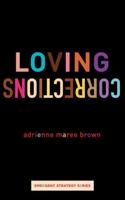Publisher's Synopsis
When Goethe christened the 1700's "the Century of Winckelmann" and Kant dubbed it "the Century of Frederick the Great," they invoked two notorious figures in gay history. This collection of twelve essays reclaims "the Age of Goethe"-To call upon a literary designation of roughly the same period - as a time when same-sex erotic attraction suffused artistic production from Winckelmann's art treatises and Goethe's plays to Friedrich Schlegel's self-reflexive novel Lucinde and Kleist's letters.
This volume employs historical, biographical, and textual evidence to paint a cohesive picture of the incontrovertibly sexual nature of male-male and female-female relationships in late-eighteenth- and early-nineteenth-century Germany. The literature of this era bequeathed to us the cultural inventions of Romantic love, classical femininity, the marriage partnership, and the aesthetics of beauty - all, as this volume demonstrates, via and despite the ever-resurgent erotic desire for one's own sex. In the process, it offers radically new readings of canonical authors - including Wieland, Lenz, Goethe, Friedrich Schlegel, and Kleist - in light of the eroticized same-sex relations in their works.









